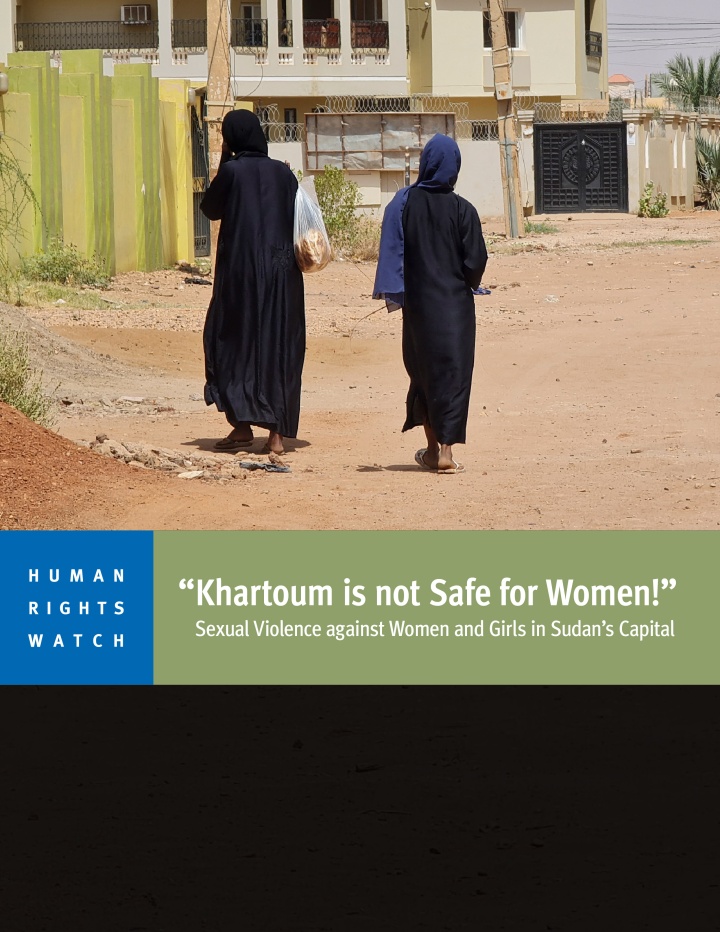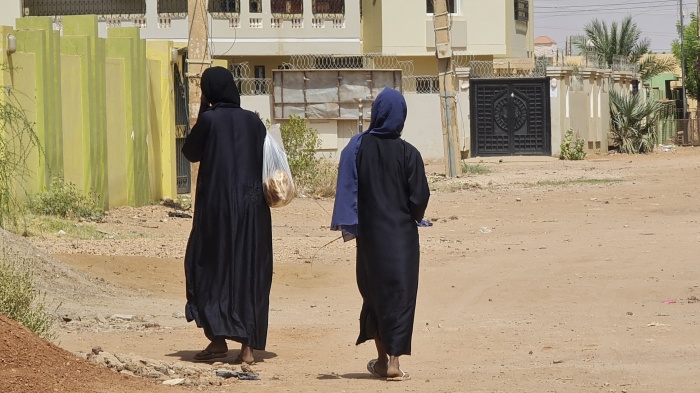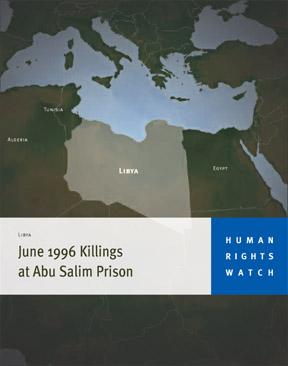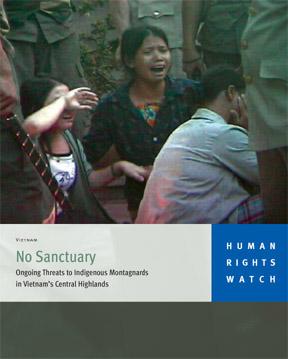“Khartoum is not Safe for Women!”
Sexual Violence against Women and Girls in Sudan’s Capital
The 88-page report, ““Khartoum is Not Safe for Women”: Sexual Violence against Women and Girls in Sudan’s Capital,” documents widespread sexual violence, as well as forced and child marriage during the conflict, in Khartoum and its sister cities. Service providers treating and supporting victims also heard reports from women and girls of being held by the RSF in conditions that could amount to sexual slavery. The research also highlights the devastating health and mental health consequences for survivors and the destructive impact of warring parties’ attacks on health care and the Sudanese Armed Forces’ (SAF) willful blocking of aid.








